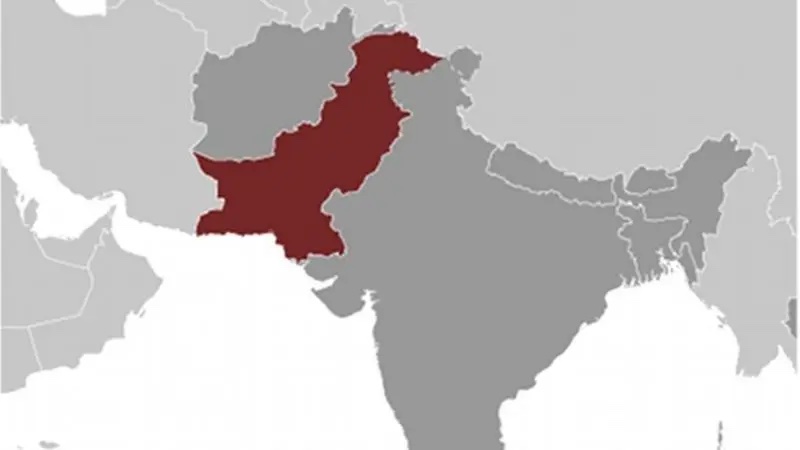
Vigilante violence motivated by blasphemy is escalating in Pakistan, threatening the nation's governance, social cohesion, and economy. Blasphemy charges often incite mob wrath, leading to extrajudicial executions and lynchings. The surge in blasphemy cases began in 1987 under the rule of Gen Zia ul Haq, who introduced and expanded blasphemy laws. The laws have been used to settle personal vendettas, silence dissent, and target religious minorities. The judiciary has struggled to administer impartial justice due to intimidation and fear of retaliation. The military's failure to confront religious extremism has fostered an atmosphere of impunity. The media has occasionally self-censored on blasphemy-related issues. Efforts to address the crisis require comprehensive overhaul of blasphemy laws, legislative reforms, and a united front from religious leaders, civil society organizations, and human rights advocates to promote tolerance and challenge the narrative of religious supremacy. Pakistan's educational curriculum must also be reformed to foster critical thinking and respect for religious diversity.
A recent incident in Pakistan's Khyber Pakhtunkhwa province highlights the severity of vigilante violence. A Muslim man named Muhammad Suleman was lynched and burned by a mob on June 20. Suleman, a tourist from Sialkot, Punjab, was visiting the Swat Valley when he was accused of burning pages of the Quran. The police rescued Suleman and placed him under custody, but the mob attacked the police station and beat him to death. The incident occurred within 45 minutes after announcements were made through nearby mosques. Blasphemy is punishable by death or life sentence in Pakistan, and the country has witnessed numerous cases of mob lynching in recent years. The incident has raised concerns about the impact on tourism and social life in the Swat Valley, which has already been affected by Talibanization and the aftermath of the 2022 floods. It serves as a stark reminder of the urgent need to address vigilante violence and reform blasphemy laws in Pakistan.
The escalation of vigilante violence motivated by blasphemy is a significant issue in Pakistan. Blasphemy charges have become a tool for settling personal scores, silencing dissent, and targeting religious minorities. The surge in blasphemy cases can be traced back to the introduction and expansion of blasphemy laws under the rule of Gen Zia ul Haq in 1987. These laws have created an environment where mob violence and extrajudicial executions are common, as individuals accused of blasphemy become targets of vigilante justice. The judiciary's ability to administer impartial justice in blasphemy cases has been hindered by intimidation and fear of retaliation. The military's failure to confront religious extremism has further contributed to the escalation of vigilante violence. The media has also played a role in self-censoring on blasphemy-related issues, adding to the climate of fear and impunity. Addressing this crisis requires a comprehensive overhaul of blasphemy laws, legislative reforms, and a united effort from religious leaders, civil society organizations, and human rights advocates to promote tolerance and challenge the narrative of religious supremacy. It is also crucial to reform Pakistan's educational curriculum to foster critical thinking and respect for religious diversity.
The recent incident in Pakistan's Khyber Pakhtunkhwa province, where a Muslim man named Muhammad Suleman was lynched and burned by a mob, highlights the severity of vigilante violence in the country. Suleman, a tourist from Sialkot, Punjab, was visiting the Swat Valley when he was accused of burning pages of the Quran. Despite being rescued by the police and placed under custody, the mob attacked the police station and beat him to death. This incident occurred within 45 minutes after announcements were made through nearby mosques. Blasphemy is punishable by death or life sentence in Pakistan, and the country has witnessed numerous cases of mob lynching in recent years. The incident has raised concerns about the impact on tourism and social life in the Swat Valley, which has already been affected by Talibanization and the aftermath of the 2022 floods. It serves as a stark reminder of the urgent need to address vigilante violence and reform blasphemy laws in Pakistan.
The incident involving the lynching of Muhammad Suleman in Pakistan's Khyber Pakhtunkhwa province on June 20 has brought attention to the severity of vigilante violence in the country. Suleman, a tourist from Sialkot, Punjab, was visiting the Swat Valley when he was accused of burning pages of the Quran. The police rescued Suleman and placed him under custody, but the mob attacked the police station and beat him to death. The incident occurred within 45 minutes after announcements were made through nearby mosques. Blasphemy is punishable by death or life sentence in Pakistan, and the country has witnessed numerous cases of mob lynching in recent years. The incident has raised concerns about the impact on tourism and social life in the Swat Valley, which has already been affected by Talibanization and the aftermath of the 2022 floods. It serves as a stark reminder of the urgent need to address vigilante violence and reform blasphemy laws in Pakistan.
The recent incident in Pakistan's Khyber Pakhtunkhwa province, where a Muslim man named Muhammad Suleman was lynched and burned by a mob, highlights the severity of vigilante violence in the country. Suleman, a tourist from Sialkot, Punjab, was visiting the Swat Valley when he was accused of burning pages of the Quran. Despite being rescued by the police and placed under custody, the mob attacked the police station and beat him to death. This incident occurred within 45 minutes after announcements were made through nearby mosques. Blasphemy is punishable by death or life sentence in Pakistan, and the country has witnessed numerous cases of mob lynching in recent years. The incident has raised concerns about the impact on tourism and social life in the Swat Valley, which has already been affected by Talibanization and the aftermath of the 2022 floods. It serves as a stark reminder of the urgent need to address vigilante violence and reform blasphemy laws in Pakistan.